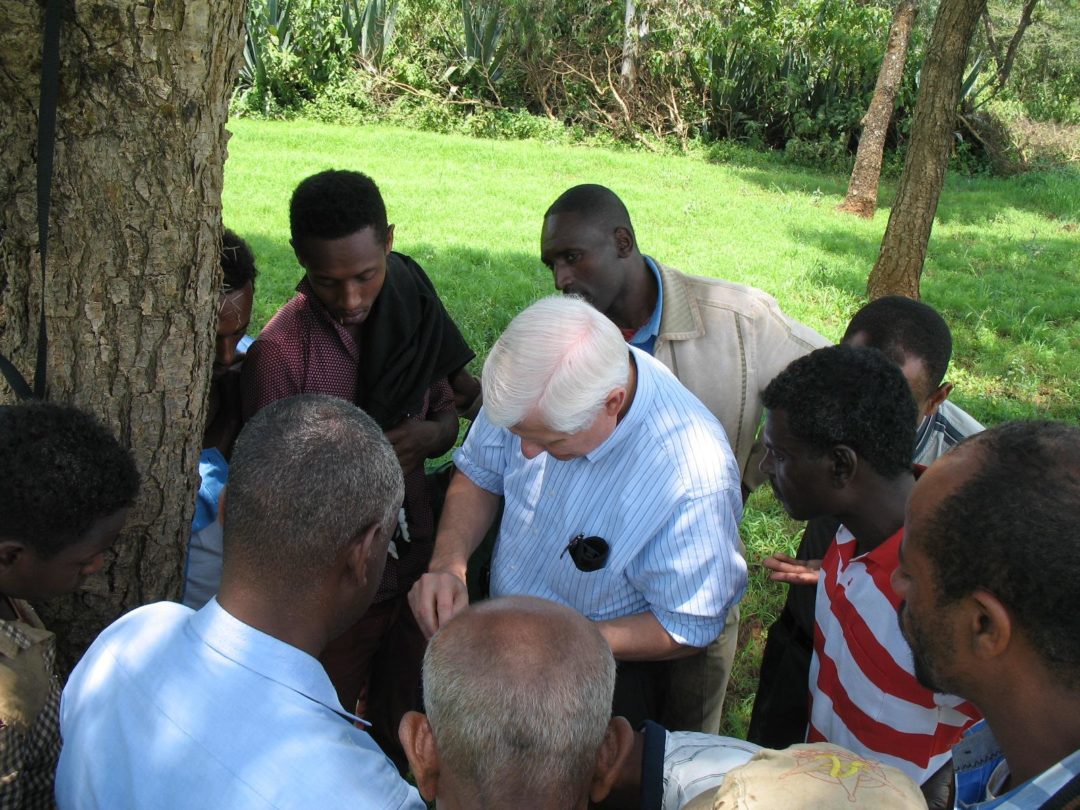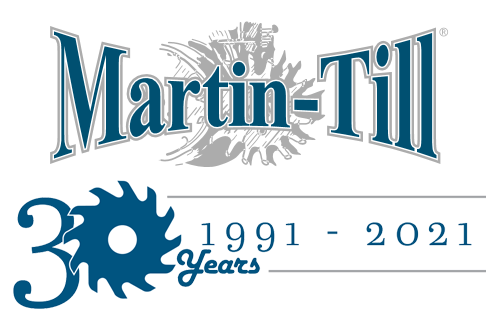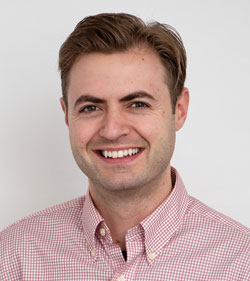Warren Dick was studying chemistry at Wheaton College (Ill.), with plans to become a medical doctor, when he had a life-changing epiphany.
“Between my junior and senior years, I went on a summer mission trip to South Sudan,” Dick says. “I saw so much poverty and hunger there. And I thought to myself ‘I’m a farm boy, I can do more good in this world in agriculture than I can in medicine.’”
Dick, who grew up on a small family farm in North Dakota with 8 brothers and 4 sisters, decided to return to his roots.
“I applied to grad school in agriculture at Iowa State and became a soil scientist,” he says.“I always thought I’d go back to Africa and start a university or training center.”
Fast forward 40 years later; Dick’s vision is becoming reality.
A Vision Fulfilled. Dick retired after teaching for 36 years at Ohio State in 2016. He now serves as the president and director of the Bethel Agricultural Association, a faith based non-profit organization with the following mission statement: “To impart environmental and agricultural knowledge and skills that will enable Ethiopians and other Africans to protect their environment and practice sustainable agriculture."
The Wooster, Ohio native recently returned from Woliso, Ethiopia, where his team is building the Bethel Environmental and Agricultural University and Training Center, focused “primarily on environmental stewardship and agricultural productivity that will serve the people of Ethiopia and other parts of Africa,” he says.
The university plans to offer courses on crop production, soil health, entomology, plant pathology, animal husbandry, ag engineering and business, and more.
“The goal is to send graduates into the country who are properly trained, motivated and can make a difference,” Dick says. “Even if we start with only 50 graduates a year. After 2 years we’d have 100, after 4 years we’d have 200.”
The plan is to start with a demonstration/research farm and “take baby steps,” as Dick puts it. “It’s too big of a step to go from nothing to a full university. I’m not Bill Gates. None of us on the board are Bill Gates. So, we must rely on small grants and individuals, just to take one step at a time.”
Dick’s team is also building an analytical chemistry lab to complement the demonstration farm. The lab would help local farmers test soils, and fertilizer rates and provide other scientific tools critical to running a successful operation.
“Right now, they’re farming blindly,” he says. “They get a bag of fertilizer, and don’t know if they should use half or all of it. We want to train people in modern technology, because so many African countries have a lot of potential, but the productivity is very poor.”
No-Till in Ethiopia. Ethiopia is considered the third worst country in the world when it comes to food insecurity, according to a recent Food and Agriculture Organization report. Periodic drought, soil degradation caused by overgrazing, deforestation and poor infrastructure plague the country. However, the biggest problem is the country’s lack of investment in technology and application of sustainable practices, Dick says. Teaching young Ethiopians about methods like no-till/conservation ag could change the game.
“They’ve been tilling their soils for hundreds, maybe thousands of years,” he says. “They harvest everything off the field. The soils are never fed anything, they just keep mining the soils. So, if we can introduce conservation agriculture, I think there’s a lot of potential for it. But it takes a whole different mindset. Just like in the U.S., how many years did it take for no-tillage to really take off?”
Conservation practices are relatively new in Ethiopia. The country’s total number of no-till acreage grew from 0 to 18,533 from 2016 to 2019, according to a study by researchers Amir Kassam, Theodor Friedrich and Rolf Derpsch.
Making a Difference. The construction process is underway on the university’s first building. Dick hopes to have the analytical lab and demonstration farm launched by summer of 2023. He plans to return to Ethiopia in October for a training workshop.
“The whole idea of the workshop is to train the trainers,” Dick says. “We bring the best of the farmers in and work with them in a more intensive manner. We show them how to grow vegetables and fruits. Once they feel confident, then they can train others.”
Dick’s motto – “train a farmer, feed a nation” — is the driving philosophy behind the project. He hopes the university will help Ethiopians experience a thriving environmental and agricultural landscape that will lead to food security and a higher quality of life.
“Agriculture is always the backbone of any country,” he says. “If you take care of the food needs of the people, people can flourish. If you don’t take care of the food needs of the people, you’ll always have issues.”
Dick encourages those interested in helping with the project, or joining his team on a visit to Ethiopia, to email him at dick.5@osu.edu. To learn more about the Bethel Agricultural Association, visit www.bethelagriculture.org.
The No-Till Passport series is brought to you by Martin Industries.
Since 1991, Martin Industries has designed, manufactured and sold leading agriculture equipment across the U.S. and Canada. Known for Martin-Till planter attachments, the company has expanded to include a five-step planting system, closing wheel systems, twisted drag chains, fertilizer openers and more in their lineup. Their durable and reliable planter attachments are making it possible for more and more farmers to plant into higher levels of residue.









Post a comment
Report Abusive Comment